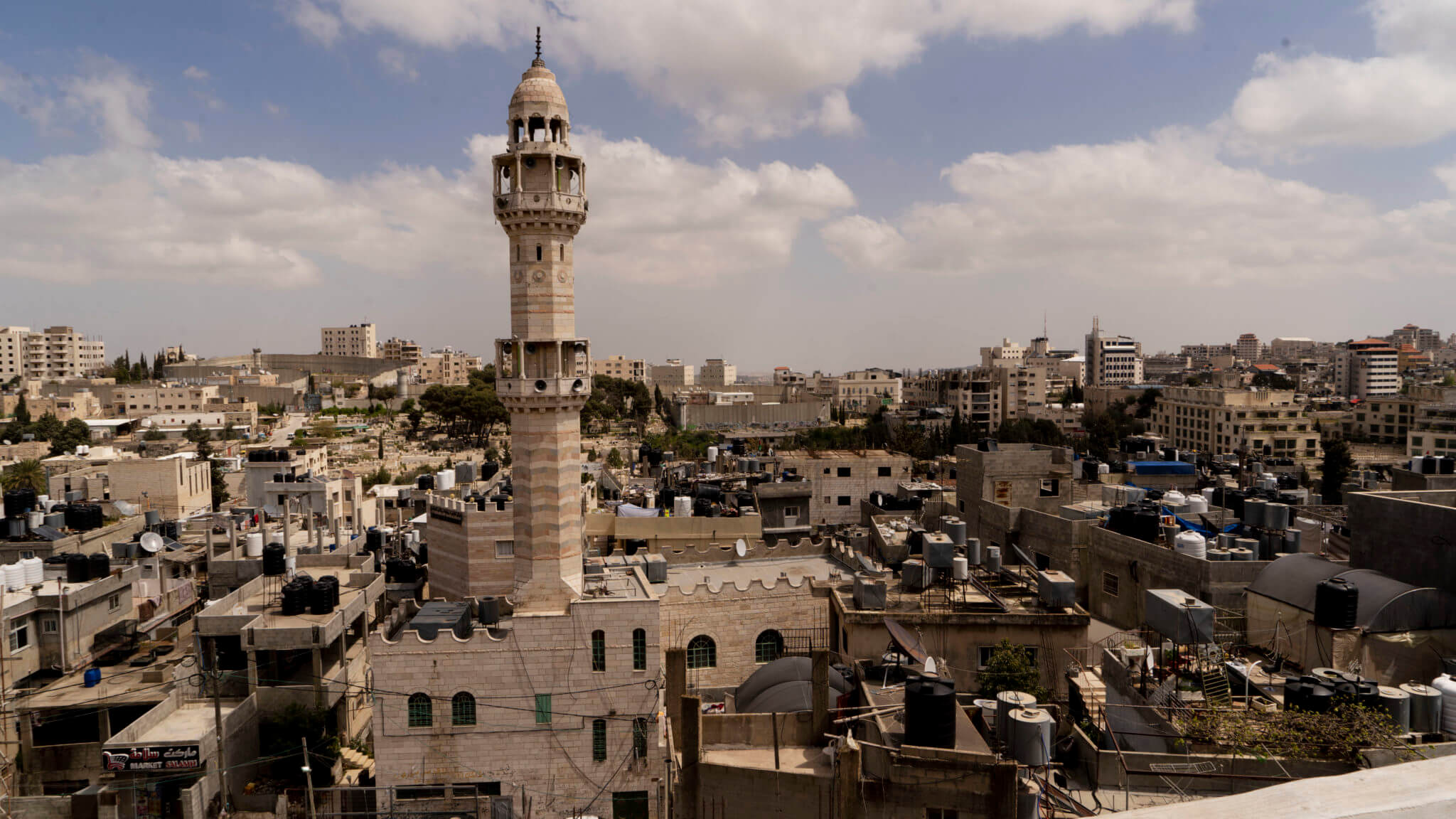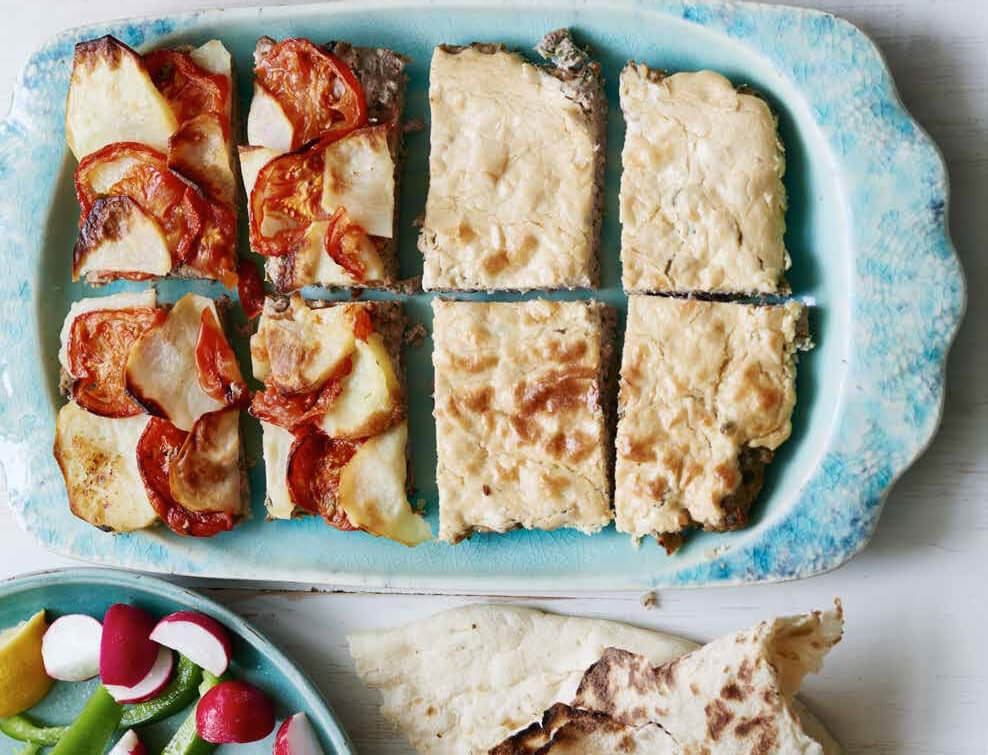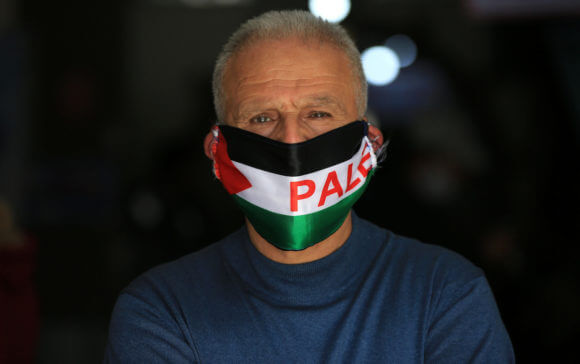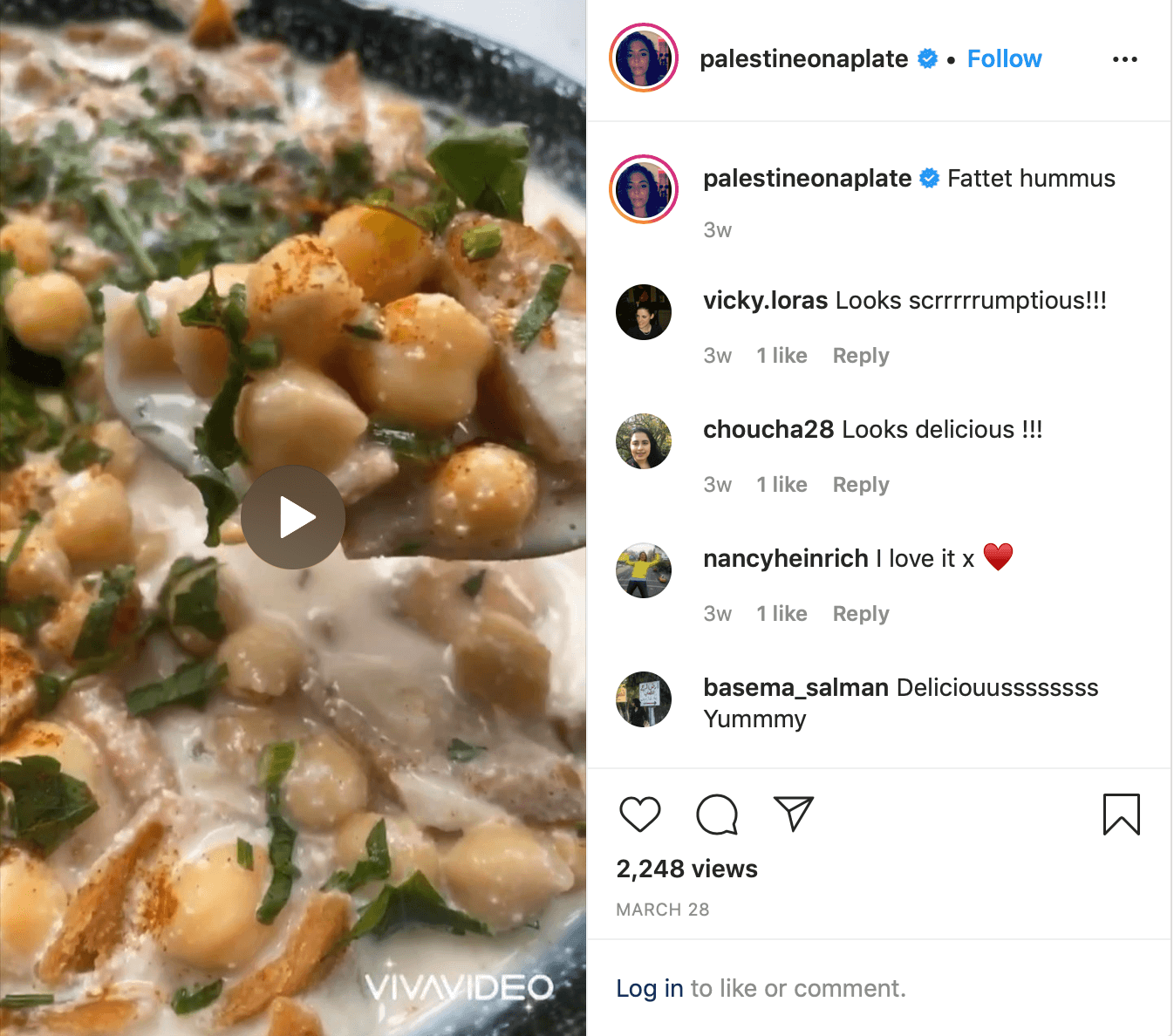The Latest:
- 480 Palestinians tested positive for COVID-19; 17 in Gaza; 319 in the West Bank; and 144 in East Jerusalem.
- Currently, no Palestinian COVID-19 patients are in the ICU; 4 have died.
- The Palestinian Ministry of Health has tested around 27,000 for COVID-19.
- 14,882 Israelis have positive for COVID-19; 193 people have died.
This week saw the spread of COVID-19 slow across Israel, the West Bank, and Gaza although transmission has nowhere near stopped. One promising fact to note is that of the 336 who tested positive for COVID-19 in the West Bank and Gaza, none are in need of treatment in an intensive care unit. Even so, there is no easing of isolation policies. Lockdowns are intensifying in the West Bank particularly areas where new cases of the coronavirus.
What Happens When COVID-19 Reaches Refugee Camps?

We’ve seen what happens in the U.S. when COVID-19 enters prison. The lack of private spaces and access to basic hygiene and sanitation materials has allowed the coronavirus to rip through detention facilities, with the first comprehensive numbers from wider testing available this week. In an Indiana prison, 92 percent of inmates tested positive. Around 80 percent tested positive in two Ohio prisons. While Palestinian and Israeli prison populations have largely evaded the spread of the disease, refugees living in congested camps are similarly at high-risk rapid transmission. Mondoweiss’s Yumna Patel reports the first case of COVID-19 was confirmed this week in Dheisheh refugee camp outside of Bethlehem.
From Patel: “Immediately after the new cases were announced in Dheisheh, Palestinian police and security officers shut down all entrances and exits to the camp, enforcing a mandatory lockdown on all residents.”
“In the camps, there is no such thing as social distancing,” Mohammed Abu Srour, who is on the local council of a nearby refugee camp, told Patel. “Our biggest fear since this whole coronavirus thing began, is ‘what would happen if it reached the camps?’”
Big Batches and Quick Fixes

This week Mondoweiss’s Allison Deger spoke with Palestinian chef Joudie Kalla who is sheltering in place at her home in London. Kalla described how her approach to cooking has shifted in recent weeks. She does the heavy lifting prep cooking all at once, stocking up her fridge and freeze with cooked lamb, beans and vegetables. When she’s hungry or it’s mealtime, a gourmet delight never takes more than 15 minutes with most everything already done.
What we love about Kalla’s cookbooks, “Palestine on a Plate” and “Baladi,” is that they include honed family recipes that have been fine-tuned over generations, and also a true melange of different culinary styles within Palestinian cuisine. Her family originates from separates regions and she has inherited different gastronomic trends.
From Deger: “Palestinian cooking styles are as varied as the accents in which people speak. ‘Each city, each town had a specific way of cooking something and each claimed to be the original,’ Kalla told me. In the north, where her father hails from, there is more meat in the diet, while her mother is from the seaside towns of Yaffa and al-Lydd where fish are regular features of the local palate. ‘Mom’s side of the family cooked very, very spicy hot lemony dishes with lots of vegetables,’ while ‘my dad’s family is from the north where they have meat, lamb, bulgur, lots of yogurt dishes.’”
Kalla has been teaching free live cooking classes on her Instagram. Yesterday’s specialty was sayadiyeh, it’s a cumin fish dish and one of her favorites. She also shared her recipe for kufta bil tahineh with Mondoweiss.
A Race Against Time
Journalist Alexandra Senfft reports alarm bells are being rung in Gaza. She interviews Palestinian doctors and nonprofit workers, finding shortages of essential medicines and medical equipment rampant.
“I have been a medical doctor during the last three wars,” Dr. Ghada Al-Jabda told Senfft, “the coronavirus outbreak could surpass these traumatic experiences.”
From Senfft: “Matthias Schmale, the director of UNRWA operations in Gaza, is also alarmed. For four weeks now they have been rehearsing for the emergency. The 276 UNRWA-operated schools were closed, telephone hotlines for the health centers and mobile clinics for high-risk patients were constructed. To avoid crowds food must now be delivered directly to around one million of the poorest refugees – one of the many logistical mammoth tasks. ‘We are in a race against time,’ says Schmale. ‘Gaza is like a ship on which the virus could spread like wildfire.’”
An Israeli Government for Likudniks to Love

In a surprise move, Israel’s Prime Minister Benjamin Netanyahu and his challenger Benny Gantz formed a unity government. Jonathan Ofir writes the two leaders will rotate heading the government with Netanyahu taking the first term. The pandemic seems to have pushed both camps into a compromise, avoiding another snap election that—had it moved forward—would likely produce the same stalemate.
Ofir writes, “The new structure agreed upon is based on a coalition of two blocs that mistrust one another.”
Links of Interest
- The viral emergency in Palestine (Verso Books)
- Underlying Conditions (London Review of Books)
- The number of Palestinian child prisoners increases during COVID-19 (Mondoweiss)
- Pandemic lays bare Israel’s systemic racism (The Electronic Intifada)



